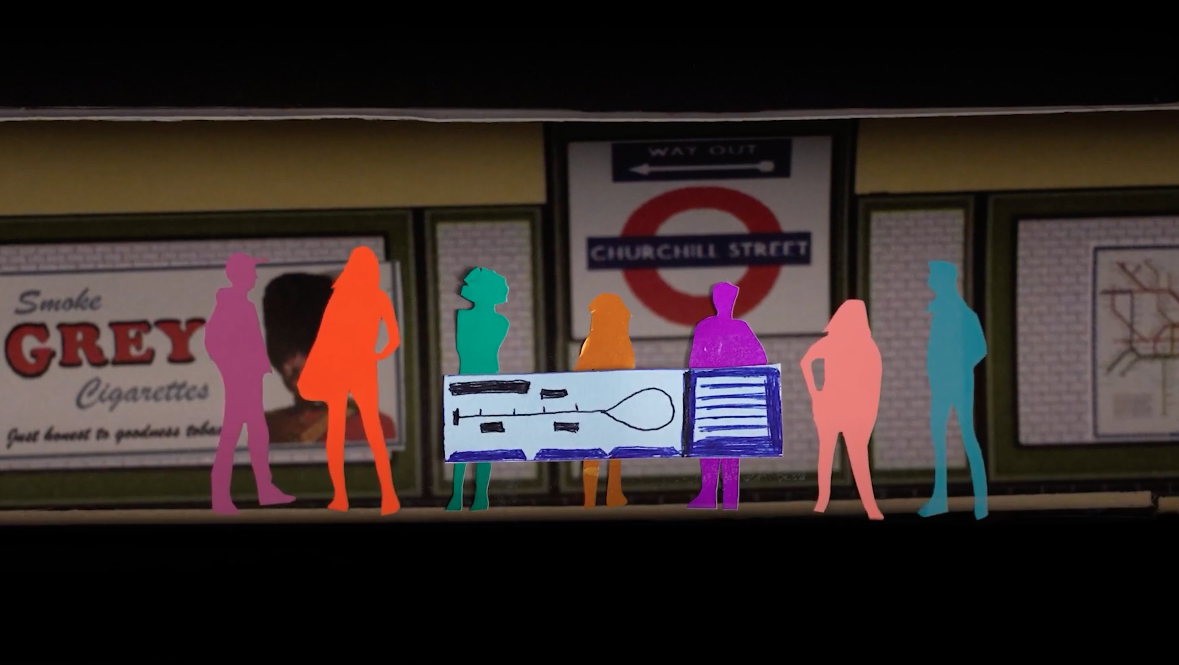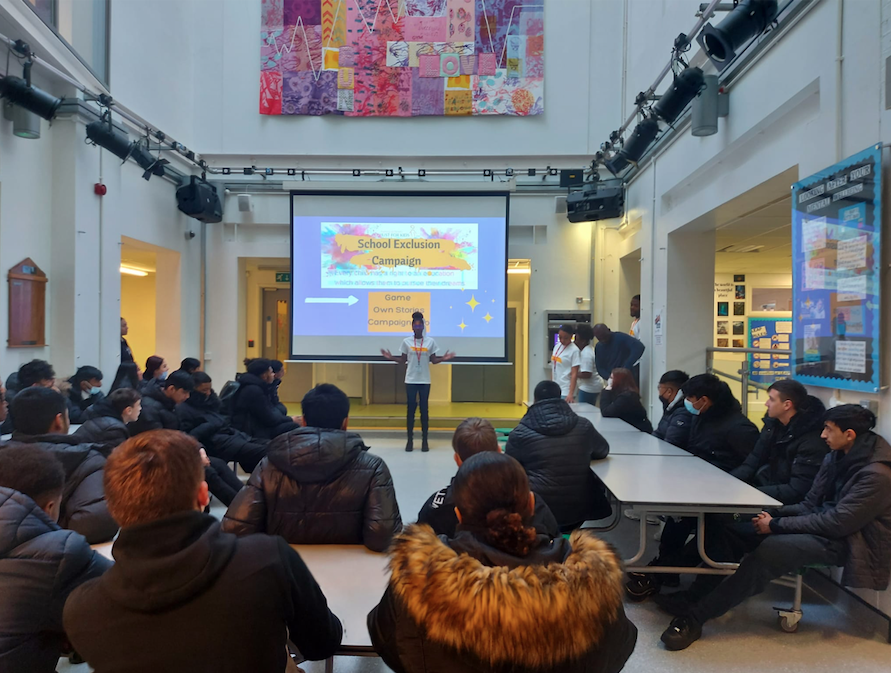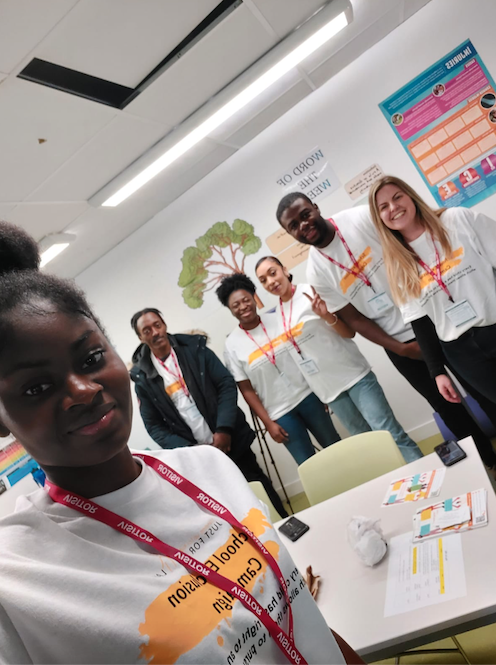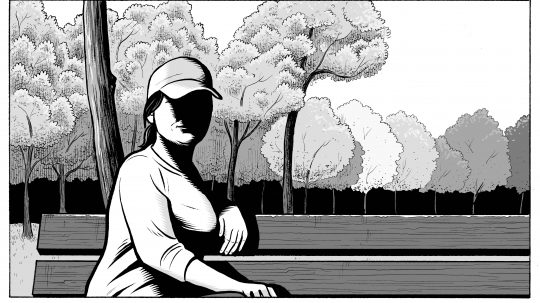In the UK, school is seen as a necessary step for young people to progress in life. There are skills that are gained which offer students the supported opportunity to analyse, handle pressure and socialise, which are essential in understanding how to navigate the world when they reach independence.
School should be a safe environment for young people and children to thrive, learn and develop as they grow through major milestones in their life. School boards and teachers are employed to facilitate this, to be present for the benefit of the children and young people in their communities and to offer a supportive foundation to each student, regardless of social class, ethnicity or levels of ability.
It is a child’s right to have access to education under Article 28 of the UN Convention on the Rights of the Child (CRC), regardless of their race, gender or disability. In the UK, a Child’s right to education is also outlined in Protocol 1 of Article 2 of the Human Rights Act (HRA), which states that no person shall be denied a right to an education.
But what happens when support is missing in schools?
This article aims to shed light on and address the difficult experiences of those who are in care and suffer exclusions from school systems. The word ‘support’ conjures up different emotions and definitions for different people, sadly, as a result of the lack of empathy, connection or commitment for certain groups in particular.
Young people and children who have experienced care are some of the most vulnerable within our communities. They often deal with the results of trauma, neglect and loneliness, due to having access to fewer resources than their peers within their personal lives.
This greatly impacts how these young people engage with those in their schools, which includes teachers and teaching assistants (TAs), as well as other students. For that reason, behavioural challenges are not uncommon for care experienced young people. However, their negative mental health issues are often not addressed by teachers. Rather, these students are punished by means of callouts, detentions and exclusions at higher rates, which only exacerbates the issue.

A still from an animated segment of ‘Excluded,’ showing how young activists staged a protest on the Tube against school exclusions. Credit: EachOther
Our schools in the UK lack the ability to adequately support the complex needs of students, specifically those who have experienced living in care. Three quarters of care experienced children lag behind in education by Year 3. This affects the overall quality of their education, as only 17.5% of care experienced young people achieve basic Maths and English GCSE qualifications compared to the 58.8% of all students. This trickles on to any further educational achievements that care experienced young people want to make.
It is becoming more evident that excluding children from schools – whether permanent, temporary, external or internal – has a serious impact on the mental wellbeing of the students. This can lead to them being targeted at higher rates by those who exploit vulnerable young people. Child exploitation is extremely dangerous – many children who are left wandering the streets during school hours due to being excluded end up involved in criminal behaviours involving theft, drugs and street gang activity. This is usually as a result of looking for community support, and a place to belong to, as school has withheld from them the compassion, they believe they receive from those exploiting them. Care experienced students are at an extremely high risk of this exploitation and are three times as likely to be expelled as the average student which serves no benefit to these young people.

Credit: Just For Kids Law
Exclusion has a direct impact
One third of all young people who have had contact with the criminal justice system have had experience of care. These numbers are concerning and the use of exclusions by our schools has a direct effect on these outcomes for some of our most vulnerable.
We need to create space for more positive interaction between teachers and pupils. This can be done by taking the time to listen to students who show signs of distress in the classroom, as there is always an underlying cause.
This demonstrates that the student has value that the teacher identifies, and reflects onto the young people, as the way they are treated greatly impacts their self-view. These steps allow room for role models and empathy within our schools. Rather than punishing, teachers and institutions need to ask questions to try and understand what is happening in a student’s life, which can be complex – often more so than their peers. With these small changes and shifting attitudes in institutions, lives could be changed.
If you are a professional or community organisation looking for more information to support children and families through school exclusions, you can access the Just For Kids Law exclusions hub here.
The views expressed in this article are those of the author and do not necessarily reflect the views of EachOther.
About ‘The Inspired Source’ Series
This series is part of our work to amplify the voices of aspiring writers that are underrepresented in the media and marginalised by society. Each piece examines a human rights issue by which the author or their community is affected. Where possible, authors outline a position on how we might begin to address the issue. Find out more about the series and how to send us a pitch on this page.





